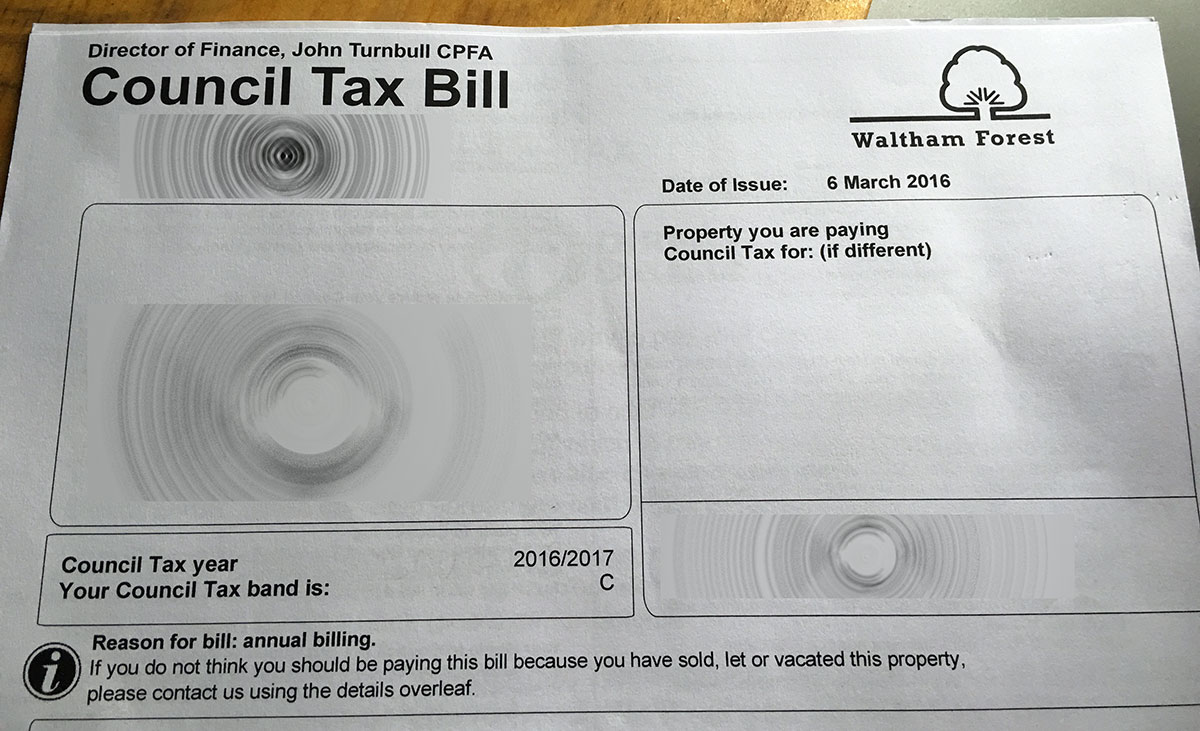GOV UX Proof of address

One of the basic needs when dealing with governmental services for a person is to prove your current place of residency. It may sound trivial, but there are multiple approaches to solving this problem.
In the UK it is called “proof of address”. It is always required when you want to:
- Open a bank account
- Register with a local surgery
- Change your address details with a bank
- Apply for a travel visa
What is it? To prove that you are indeed residing at a given address you must provide a council tax or utility bill, with your name on it, delivered at a given address. There is a catch - it should be issued within 30 days or it is not valid anymore.
As everything in Britain, this rule was probably a brilliant invention in its simplicity at some point of history. Today, not so much.
Your local council will mail you tax bill about once a year. Utility bills will be issued at various intervals. However, all my current utility bills are electronic. I pay for electricity and gas directly from a mobile app. This leaves council tax bill as the main source of being one and only available proof of address.
In practice, you can make a telephone call and order new council tax bill at any moment. They will generally mail it within next couple of weeks. After that, you have a valid proof of address for the next 30 days. Problem postponed.
In Finland, they have a state register with data on everyone residing in the country (as well as citizens living abroad). This register contains your current address, marital status, national security number, and probably a bunch of other stuff. The register is used by the post office to verify delivery address. The same register is used by pretty much every other government agency when they need to verify your residency.
When dealing with Finnish banks, the local version of NHS or any other government agency it is generally enough to tell your national identity number. They will check it on the state register and will verify everything else from there. This comes super handy during phone calls - all you need to tell is your private state ID - which is much easier than spelling out your name, address and phone number.
Handling things with the Finnish Register Office is also not ideal today. Access to the main database is limited to the clerks only, and the database itself is also not very fast from what I can tell. My dream scenario would be some sort of open repository where I can issue key and authorise 3rd parties to access certain parts of my personal data registered with the state. This repository should be international. For example, today marriage should be registered separately in each state of your residence - and in the case of divorce - unregistered separately.
To be fair, this year Finnish Register Office started offering online services - quite a limited subsection of them. They are going to extend the list of online services during this and next years.